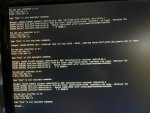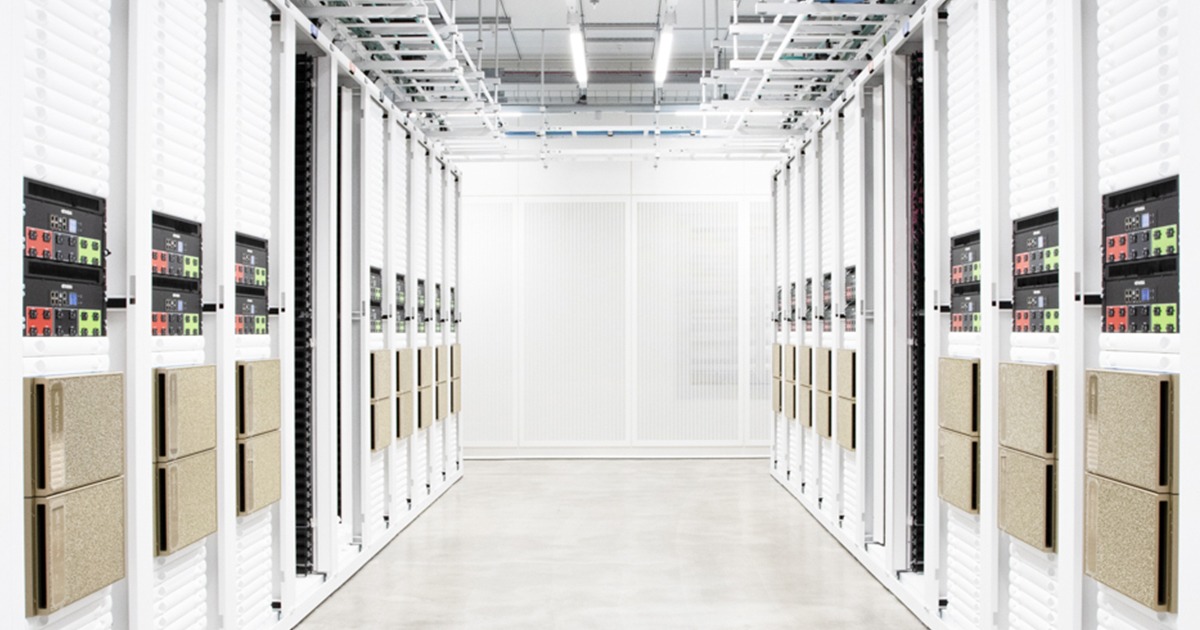Because "mlx4_core" suggests Mellanox to me, and that appears to be the device involved, according to the consolespew.
The information about TrueNAS Core is generally backportable to Linux as well. Linux may sometimes have better support for crappy hardware devices, but no amount of magic makes crappy hardware uncrappy. This can be crappy-by-design hardware such as many Realtek or Marvell chipsets made for the Windows PC marketplace, but it can also easily extend to other gear. For example, "broken" gear at data centers is often fed to companies that specialize in recycling server systems, and by "specialize", I mean many of them just get servers in, parts them up, maybe blow them off with some air, look up the part number, ESD bag them, and list them on eBay (note the conspicuous lack of the word "testing"). Therefore one of the things I suggest when advising people on resellers for used gear is to look for large quantities; this is an indicator that they've received a rackful (or more) of identical servers, which more strongly correlates with a likelihood that the gear is good but just being updated/refreshed/cloud-ified/etc. By way of comparison, "quantity 1" sales tend to be more dodgy, and you really need to inspect for damage and test heavily, because you may be getting someone else's reject.
The main problem with the Mellanox cards tends to be that the "affordable" ones like the older ConnectX-2 and ConnectX-3 are not good ones, and that they tend to run warm IIRC, though that is a common failing across most 10G cards. Additionally, their driver support under FreeBSD is not really as strong as the recommended Chelsio or Intel cards, but it isn't the catastrophe that it used to be. However, they are Mellanox-authored, which is a really good general sign.


